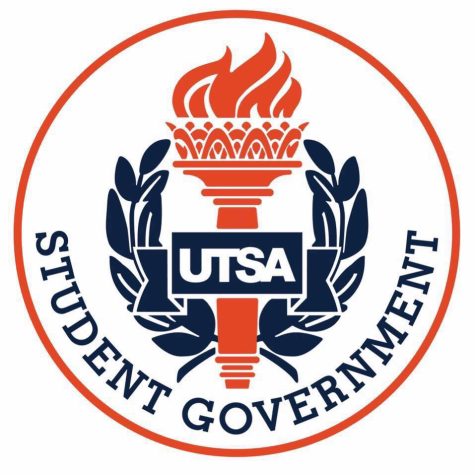Department of Educations Crime Audit Shows UTSA shortcomings in Reporting Crimes
February 9, 2021
Every year UTSA releases its Security and Fire Safety Audit. The report details campus response protocols to sexual assault, domestic violence, fire safety and violent crimes, Title IX requirements and a rundown of crime statistics.
The 2020 report documented 13 reports of rape, up from the previous year, six reports of fondling, five of aggravated assault, 10 burglaries, seven motor vehicle thefts, four weapon law violations, 42 drug law violations, 84 liquor law violations, four instances of domestic violence, seven of dating violence and 37 reports of stalking. Of the 13 rapes reported, five were associated with the same individuals.
After the report from the University, the U.S Department of Education Office of Inspector General audits the report evaluating its accuracy and effectiveness. The audit for 2020 revealed that San Antonio did not have sufficient protocols to guarantee Clery Act crime statistics’ veracity. Passed to increase accountability and transparency of higher education institutions, the Clery Act requires universities that participate in federal financial aid programs to report and share information about crime on their campuses.
The DOE’s evaluation noticed the requesting, processing, compiling and reporting of crime statistics by the designated deadline, but caveats the statement with an indignant evaluation of the process’s efficiency. According to the report,
“San Antonio has a process for requesting crime statistics from local law enforcement agencies, identifying campus security authorities (CSA), processing and compiling the crime information, and reporting the annual Clery Act crime statistics by the reporting deadline. However, these processes were not effectively designed or consistently performed during the audit period and did not provide reasonable assurance that the reported Clery Act crime statistics would be complete and accurate.”
In addition, the report reveals that San Antonio did not follow all requirements listed in the Clery Act that would support the accuracy of crime reports. The report also announces that the reported Clery Act crime statistics for calendar years 2015-2017 were also neither complete nor accurate. The report details, “…San Antonio did not properly notify its CSAs of their roles and responsibilities, request crime reports from CSAs, or follow applicable requirements for identifying its Clery Act geography.”
Such negligence means that crime statistics presented to students, families and members of the campus community were erroneous and offered a mirage that impacts the community’s decision making on personal safety. The audit found 55 criminal incidents that were not reported, but because of weakness in internal controls and recordkeeping, the total number of Clery Act crimes remains fickle. The audit explains,
“Specifically, San Antonio did not have effective processes to (1) identify critical information sources for Clery Act reporting; (2) collect, record, and track the information; (3) analyze, report, and document the crime statistics; or (4) provide management oversight and quality assurance over the Clery Act.”
According to the DOE’s audit, two factors contribute to the weakness that caused the full completion and transparency of the Clery Act Crime statistics. First, San Antonio did not obtain satisfactory feedback from officials, which meant San Antonio did not prioritize accurate statistics thus were not able to identify risks that could prevent the achievement of such accuracy. The next factor, according to the report, is frequent personnel changes that resulted in the underperformance of Clery Act reporting by San Antonio’s campus safety and security reporting policy.
The DOE recommended the Federal Student Aid’s Chief Operating Officer require San Antonio to cultivate and implement sufficient internal controls over the completeness and accuracy of its Clery Act crime statistics. It also suggests San Antonio intensely reviews its records for calendar years 2015-2017 and amends its reported crime statistics. Finally, the audit abasses San Antonio and recommended FSA’s Chief Operating Officer determine if FSA should take action because of San Antonio violations cited in the report.
In response, San Antonio has conceived a list of goals, detailed at the end of the audit, that commit itself to the improvement of Clery Act crime statistics. Improvements include developing a campus security authority program, improving CSA reporting, data management, supporting the Clery Compliance Coordinator, the establishment of the Clery Compliance Committee, and adding CSA reports to the daily crime log. According to the response from San Antonio, “We have taken significant efforts to improve our Clery Act compliance program, with the particular focus on the process for collecting, classifying, and counting Clery Act crimes.”











